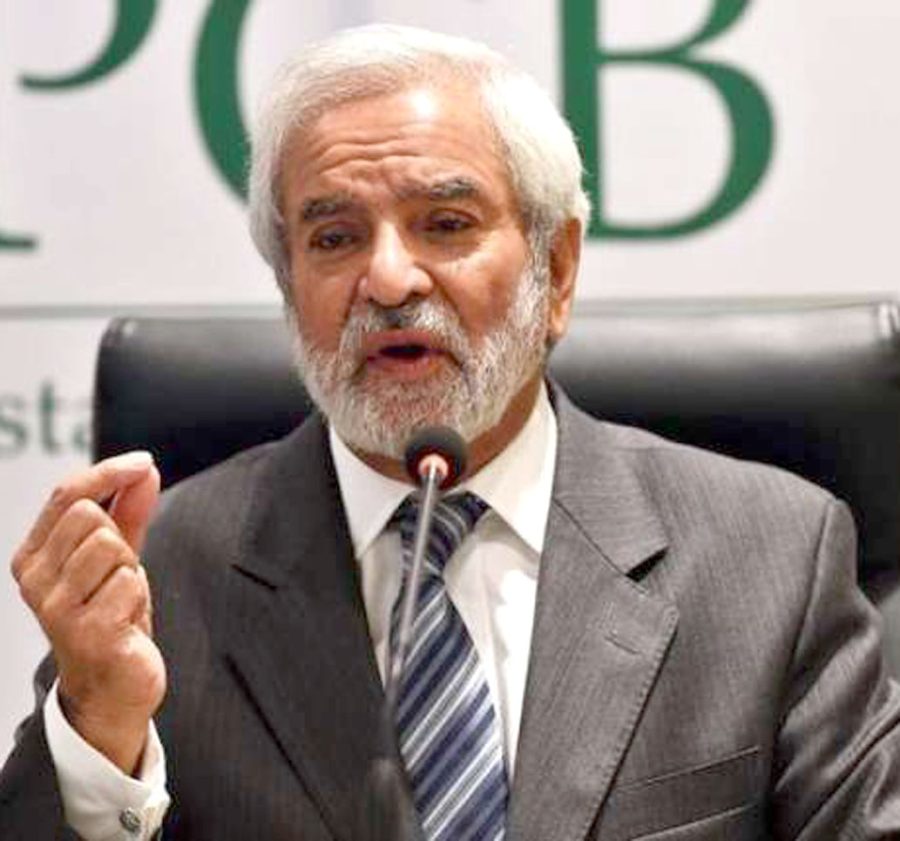Lahore
Chairman, Pakistan Cricket Board, Ehan Mani said that PCB has the ambition of inviting foreign cricketers following the revamp of the domestic cricket structure last year but admitted it will have to elevate its standard in order to achieve this objective. He said this in a wide-ranging discussion with cricket authors and historians Peter Oborne and Richard Heller in a podcast, available on the PCB website here on Wednesday.
“One of the things we are going to do with our first-class cricket is to encourage one or two overseas players to come and play,” Mani, a former ICC President and present chairman of the ICC’s most influential committee, the Finance and Commercial Affairs Committee, said. “It is great for our players to be playing with the international players and that’s not going to happen overnight. It is in the next two, three plan and we’re working to take our first-class cricket to a complete different level and have it so competitive and so attractive for overseas players to want to play in,” Mani said.
In the interview, Ehsan Mani has given an account of the PCB’s efforts to overcome politics and resume bilateral cricket relations with India, shared his hopes for more international visitors to Pakistan after COVIC-19 in the greatly improved security situation and following highly successful tours from Sri Lanka, Bangladesh, the Kumar Sangakkara-led MCC and the HBL Pakistan Super League 2020, while reflecting on how he “stumbled” into cricket administration and his achievements as a negotiator for the ICC.
Reflecting on how he took up the job of the 34th Pakistan’s cricket chief on September 4, 2018, Mani said that upon studying the country’s domestic cricket structure, he realised how the last system blocked entry points for up and coming cricketers. He asserted the new domestic structure put in place was going to create more jobs for the former cricketers, while providing a clear pathway for the up and coming cricketers.
“I realised what happening was that the players who played for the departments [in first-class cricket] went and played grade-II cricket for the regions. So, they were blocking the pathway for youngsters who come through grade-II cricket into the first-class game. “The system was totally whopped. When I looked at the averages and first innings scores of our teams in the first-class matches, the first innings scores was the one of the lowest in the world, lower than Zimbabwe”. “So, I knew something was not right.
I concluded that we needed to have quality and quantity without cutting back on the opportunities for the youngsters to play cricket and working their way up if they are good enough.
“So what we have done is we have set-up six Cricket Associations with hundred cities playing cricket between them. So, 16 to 17 cities per Cricket Association. Under them we will have somewhere around three and a half or four thousand cricket clubs.
“We produce cricketers in Pakistan in spite of a system not because of the system so we have got to make the system where we capture the best and give every youngster an opportunity to work his way up through a proper structured pathway,” said Ehsan, who was instrumental in commercialising international cricket in 2000 by leading the ICC to sign its first-ever commercial deal worth $550m that was followed by a second deal in 2006 worth over $1.1bn.—APP










